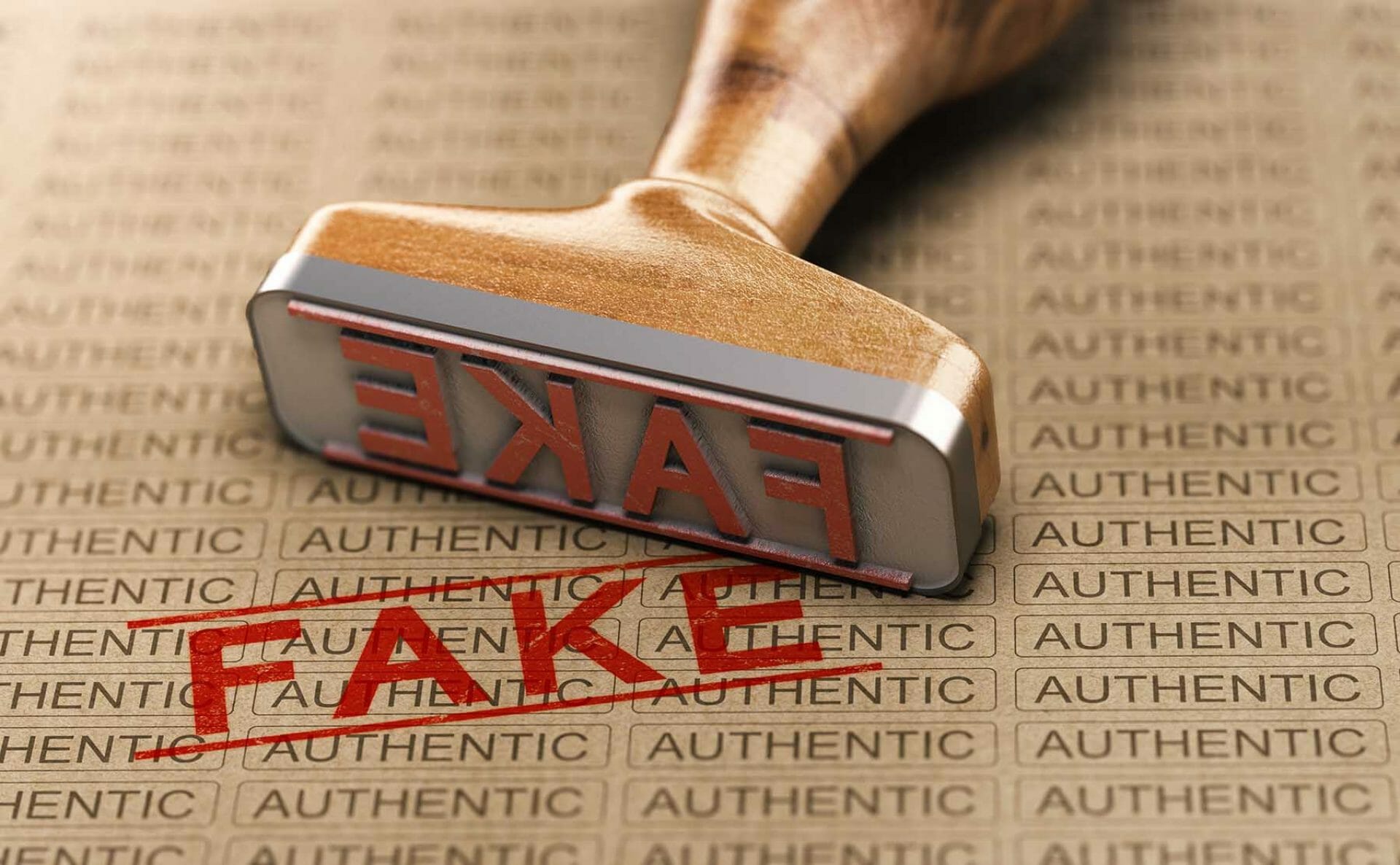Blog
Why platform relationships are critical to brand protection strategy
- Brand Protection

With e-commerce platforms inundated with infringements and reports, how do you identify the high-risk sellers responsible and have them removed down in quick time?
Platforms are unable to clean up their marketplaces on their own – the scale of the issue is too large, and they do not have adequate monitoring technology in place to scan every listing for infringement before it goes live. The burden therefore lies on brand owners to identify and report the infringements to the platform.
Strong platform relationships are therefore key to protecting consumers from harm and ensuring a long-term reduction in brand abuse.
Prioritizing key platforms and sellers
Where your consumers shop and who they purchase from are key considerations when choosing the platforms you prioritize and develop robust relationships with.
A seller linked to multiple infringements that does not actually shift any product is less of a problem than someone who has robust, proven sales.
For one consumer product on eBay, we surveyed the total number of related listings and sales – new items from distributors, grey market items, counterfeits, and used items. We identified approximately 1,280 separate listings offering the item for sale. The majority of listings were non-infringing. But we found that just 5 eBay listings – which were using SEO and ads to drive traffic – accounted for 25% of the sales volume on eBay for that product.

Amazon is likely to be one of the platforms that you prioritize as it is the most popular e-commerce platform with US consumers – approximately 38% of U.S. e-commerce takes place on Amazon. And the e-commerce giant plays a huge role in Europe, Japan, India, Mexico, Australia, Canada, and Brazil, too.
However, you might be more interested in key regional players if you are selling into certain territories. You need to know where the key regional players where your consumers are based. If you are monitoring the Latin American market, Mercadolibre and OLX might be your focus. Whereas Walmart and Craigslist might be the platforms you prioritize in the US.
Depending on your industry, you may contend with distinct consumer purchasing habits and this will have a direct impact on which platforms you prioritize. If you are in the licensing space, Etsy becomes a major player. Poshmark is a major platform for fashion; not for electronics or toys. It is critical to focus on the platforms most likely to affect your industry.
Building relationships with key platforms
Once you have identified the key platforms for monitoring and enforcement, brands should seek to engage with them directly.
- 1. Establish key contacts and organizing regular meetings
Through these relationships, escalate concerns and expedite enforcement action in time-sensitive scenarios by bypassing the platform notice sending tool.
- 2. Sign-up for the platform’s Brand Protection program and tools
A core tenet of building a successful relationship is to understand the inner workings of a platform. Communicate with their team to understand how they work and provide frank feedback on what works well and what can improve. This helps evolve the tools at your disposal.
- 3. Using brand protection technology, monitor infringement trends and changes in behavior
You’ll need to use data you’ve collected to facilitate comprehensive intelligence sharing. This way you’ll be able to provide insight on infringement trends to help shape the platforms’ overall strategy and influence any large-scale restructuring required to stop infringement.
- 4. Engage the platform at events and webinars
Consider inviting the platform to participate on panels and webinars alongside your brand to discuss how you are working in collaboration to protect consumers and clean up the online marketplace.
A combination of direct communications, full understanding of the platform, and intelligence sharing means your enforcement efforts are strategic and more likely to be successful. Compliance and platform response times both improve when a strong relationship has been built between platform and brand.
Building relationships with emerging platforms
We see that infringers behavior is constantly evolving and they adopt to avoid detection and enforcement. The ability to alert and advise platforms on these trends is essential to keeping up with bad actors.
When engaging emerging platforms, we suggest taking the following approach as part of your relationship building exercise:
- Identify relevant contacts in the support and legal teams
- Educate the platforms about the risks posed by counterfeit and other infringing products to the consumer and platform reputation
- Inform the platform about the risks posed by bad actors using listings to divert consumers to external sites (such as WeChat) to complete transactions
- Share the best practices of what established platforms are doing
- Consider cultural and business context
- Engage in their own language if possible
Many emerging platforms will only accept legal documentation that is translated into their native language – having strong relationships means brands can negotiate the simplification of this documentation to speed up enforcement.
The need for platform relationships
A recent poll asked 68 business decision makers and Brand Protection professionals to rank the global and regional platforms most challenging for their brands. The most challenging platform was Amazon (32%), closely followed by Alibaba (24%).

Highlighting the need for stronger relationship building with key platforms, the same poll found that 48% believe their relationship with Amazon is either ‘negative’ or ‘could be better’. Only 19% stated that they had a positive relationship with the platform.

51% stated they do not have a direct relationship with Chinese e-commerce platform Alibaba. This would suggest that having a negative or no direct relationship at all contributes to the challenges that brands have with certain platforms.

Collaboration key to Brand Protection success
Collaboration sits at the very heart of Brand Protection; it is imperative to maintain strong relationships with platforms and that the adoption of transparent enforcement policies is encouraged.
That’s why Corsearch holds regular meetings with regional and global heavyweights such as Alibaba, WeChat, and Amazon to pass on our insights on infringement trends to help shape the platforms’ overall strategy and improve the tools available to brands. Many of our customers are also part of brand collaborations such as the Alibaba Anti-Counterfeiting Alliance, enabling us to have influence over platform policies.
Actionable data needed to make most out of platform relationships
As consumers swiftly move to e-commerce channels and marketplaces inevitably enjoy even greater dominance, it is critical that you develop robust relationships to make sure your voice is heard.
To make the most out of this relationship, you’ll need a pool of actionable, prioritized infringement data. Corsearch’s brand protection technology is a complementary tool that ensures brands have access to this data and can easily export material for efficient enforcement using the platform tools.
Corsearch can help you successfully prioritize and work with key platforms, enabling you to take a strategic approach to enforcement. Learn more about our sophisticated Brand Protection platform and managed service with a personalized technology demo. Or talk to one of our experts to find out more about how we can help you capture additional e-commerce revenues while protecting your consumers from digital risk.



